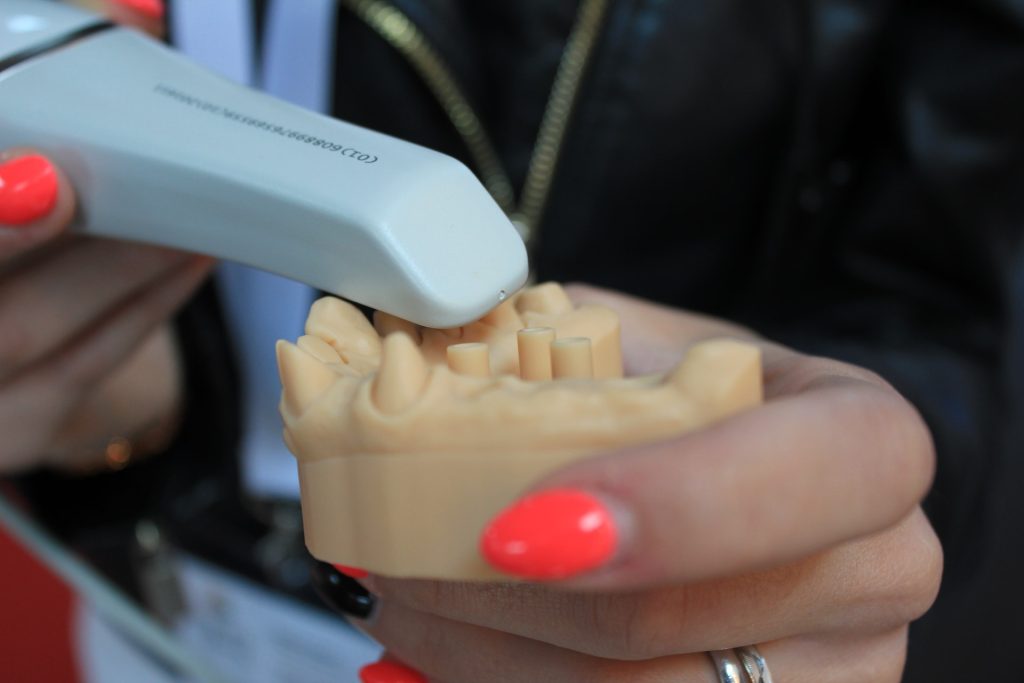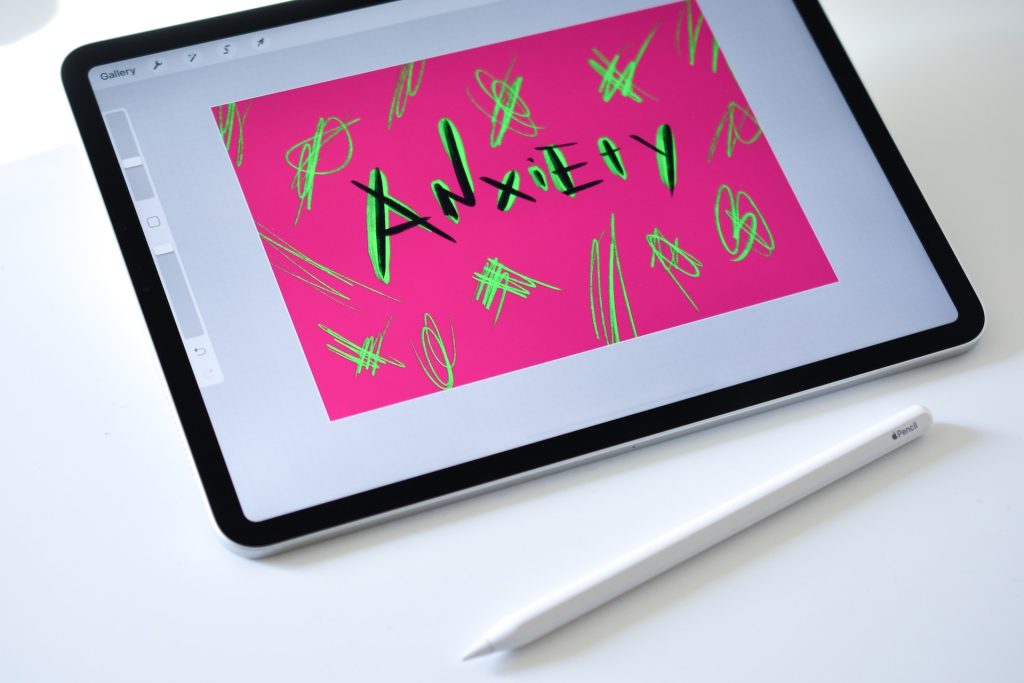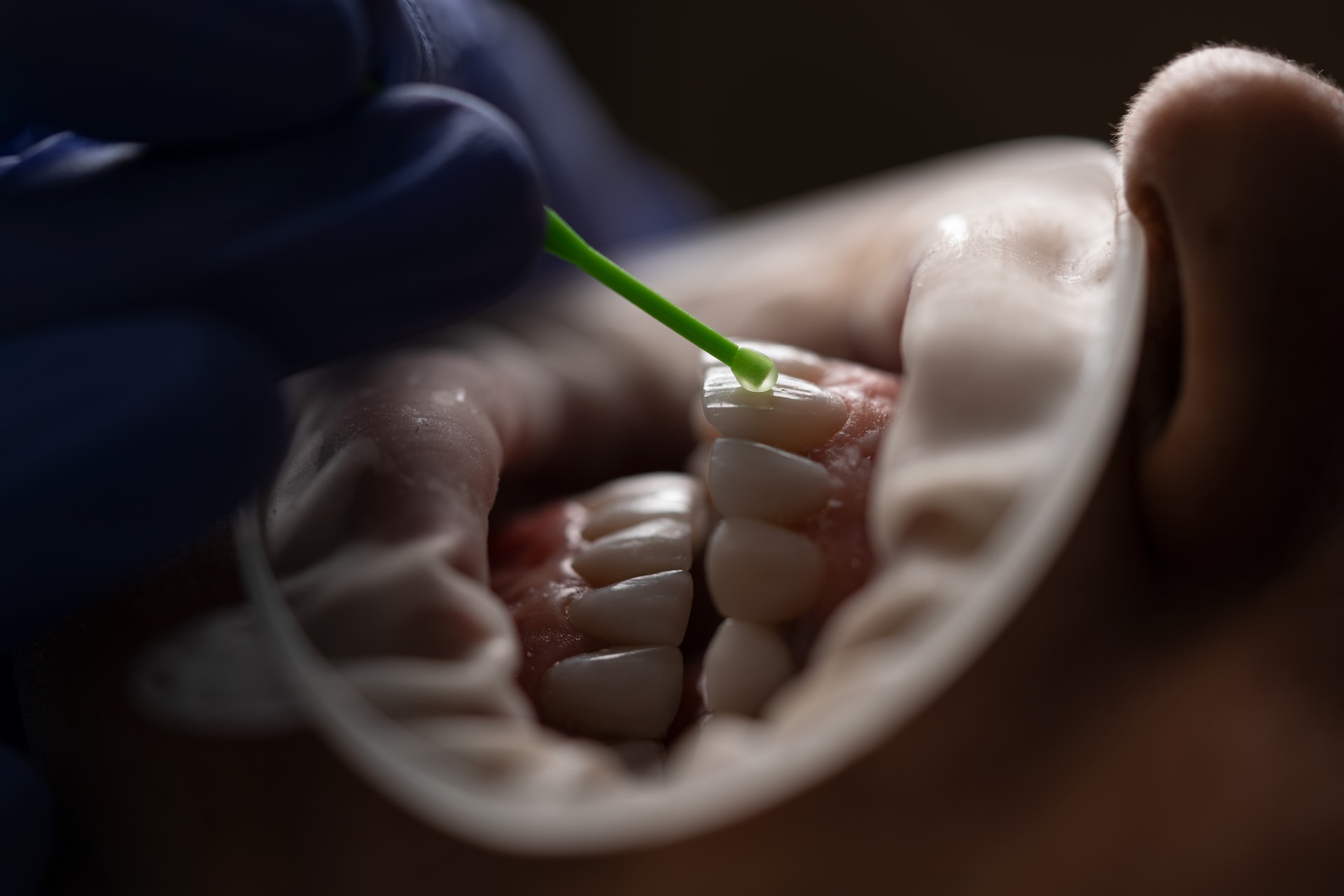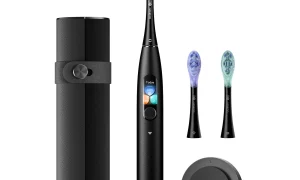Visiting the dentist is a crucial part of maintaining good oral health, but for many people, the mere thought of sitting in the dental chair can evoke feelings of fear and anxiety. Dental anxiety is a common issue that affects individuals of all ages and can lead to delayed or even avoided dental visits, resulting in poor oral health.
Here you know about the Effective ways to manage and overcome dental anxiety, providing you with practical strategies and techniques to help you feel more at ease during dental appointments. From understanding the root causes of dental anxiety to implementing relaxation techniques, we will cover all aspects of this important topic. So, if the thought of visiting the dentist fills you with dread, read on to discover how you can conquer your dental anxiety and take control of your oral health.
Tips for Managing Dental Anxiety

Experiencing dental anxiety can be a distressing and overwhelming feeling. However, with the right strategies and support, it is possible to manage and overcome dental anxiety effectively.
1. Communication with Your Dentist
Open and honest communication with your dentist is vital when dealing with dental anxiety. Inform your dentist about your fears and concerns so that they can adapt their approach and provide you with the necessary support. A compassionate and understanding dentist will take the time to listen to your anxieties and address them, helping you feel more comfortable throughout the process.
2. Deep Breathing and Relaxation Techniques
Deep breathing and relaxation techniques are excellent tools for managing anxiety in any situation, including dental visits. Practice deep breathing exercises before and during your appointment to promote relaxation and reduce anxiety. Inhale deeply through your nose, hold your breath for a few seconds, and exhale slowly through your mouth. This simple technique can help calm your nerves and ease your dental anxiety.
3. Distraction Methods
Distracting yourself during dental procedures can be an effective way to manage anxiety. Bring along your favorite music, audiobook, or podcast to listen to during the appointment. Some dental offices even offer entertainment options like TVs or virtual reality headsets to help divert your attention from dental procedures. By focusing on something enjoyable, you can reduce your anxiety and make the experience more pleasant.
4. Sedation Dentistry
For individuals with severe dental anxiety, sedation dentistry may be a suitable option. Various forms of sedation, such as nitrous oxide (laughing gas), oral sedation, or intravenous (IV) sedation, can help you relax and feel more comfortable during dental procedures. Your dentist will evaluate your specific needs and recommend the most appropriate sedation method for you.

5. Cognitive-Behavioral Therapy (CBT)
Cognitive-Behavioral Therapy (CBT) is a therapeutic approach that can be highly effective in managing dental anxiety. CBT helps individuals identify and challenge negative thoughts and beliefs associated with dental visits. By replacing these thoughts with more positive and realistic ones, CBT can help reduce anxiety and change your perception of dental procedures.
6. Acupuncture and Alternative Therapies
Alternative therapies such as acupuncture, aromatherapy, and hypnotherapy have shown promise in alleviating dental anxiety. These practices focus on stimulating relaxation responses and promoting a sense of calm. While not everyone may find these therapies helpful, they can be worth exploring if you are open to alternative approaches.
7. Seeking Support from Friends and Family
Having a trusted friend or family member accompany you to dental appointments can provide emotional support and reassurance. Their presence can help alleviate anxiety and make the experience less daunting. Choose someone who understands your concerns and can offer encouragement throughout the process.
8. Gradual Exposure Therapy
Gradual exposure therapy involves gradually exposing yourself to dental procedures in a controlled and supportive environment. Start with short and simple procedures, such as routine cleaning, and gradually progress to more complex treatments. This approach allows you to build trust with your dentist and gradually reduce your anxiety over time.
9. Virtual Reality (VR) Dentistry
Virtual reality (VR) dentistry is a cutting-edge technique that uses immersive virtual reality technology to create a soothing and distracting environment during dental procedures. By wearing VR goggles and experiencing a virtual world, patients can shift their focus away from the dental chair, reducing anxiety and discomfort.
10. Choosing a Dentist Who Specializes in Dental Anxiety
Finding a dentist who specializes in treating patients with dental anxiety can make a significant difference in your overall experience. These dentists are trained to provide a calming and supportive environment, using techniques specifically designed for anxious patients. Research local dentists in your area and look for reviews or recommendations from individuals who have successfully managed their dental anxiety.
FAQs
Dental anxiety is more common than you might think. It affects a significant portion of the population, with estimates ranging from 9% to 20% of adults experiencing dental-related fear and anxiety.
Common signs of dental anxiety include feelings of unease or panic before and during dental visits, difficulty sleeping the night before an appointment, and a strong aversion to dental-related stimuli or discussions.
Yes, dental anxiety can be overcome with the right strategies and support. By using techniques like deep breathing, distraction methods, and gradual exposure therapy, individuals can learn to manage their anxiety and have more comfortable dental experiences.
Sedation dentistry involves using medication to help patients relax during dental procedures. It can be especially helpful for individuals with severe dental anxiety, allowing them to undergo necessary treatments without experiencing significant distress.
Alternative therapies like acupuncture and aromatherapy have shown promise in managing dental anxiety for some individuals. While their effectiveness may vary from person to person, they can be worth exploring as complementary techniques alongside traditional anxiety management strategies.
When choosing a dentist to help with dental anxiety, look for dental professionals who have experience working with anxious patients. They should have a compassionate and understanding approach and be willing to listen to your concerns and provide support throughout your dental journey.
Conclusion
Dental anxiety should never prevent you from seeking the dental care you need. By implementing effective strategies like open communication, relaxation techniques, and exploring alternative therapies, you can manage and overcome your dental anxiety. Be patient with yourself and remember that dental professionals are there to help and support you throughout the process. Take the first step towards conquering your dental anxiety today, and enjoy a healthier smile for years to come.
































































